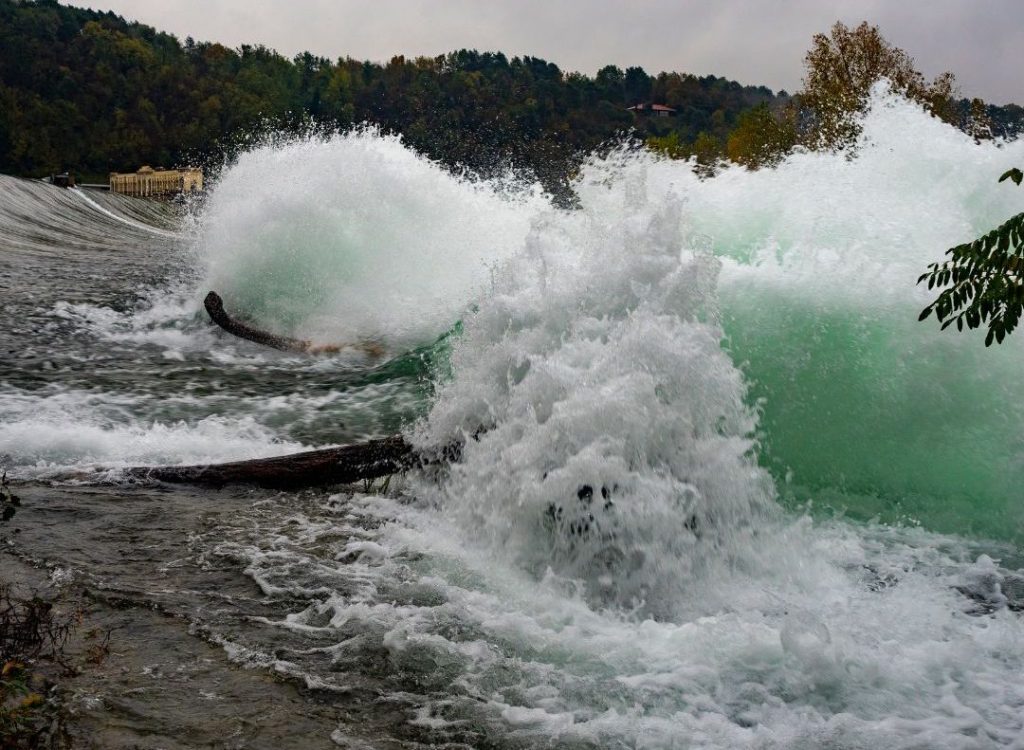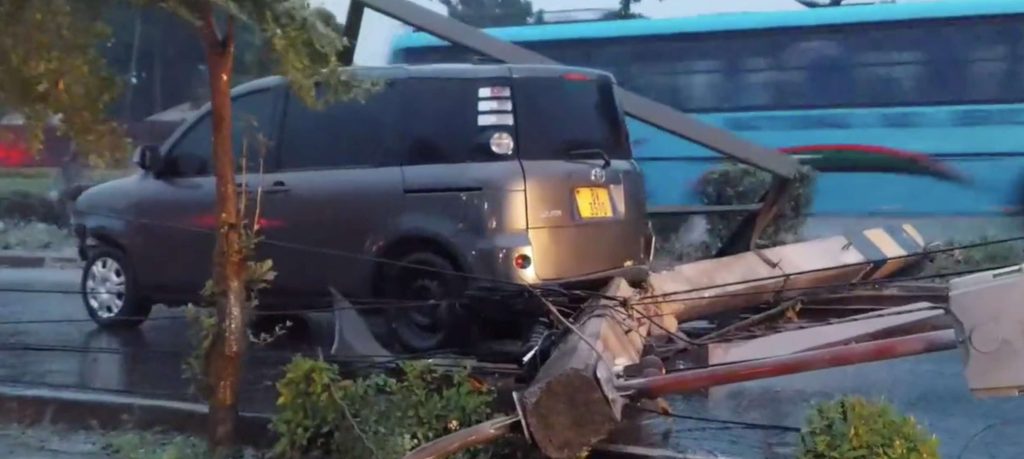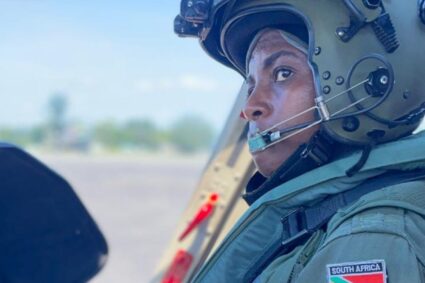Green Governance Zimbabwe Trust is challenging Southern African countries to strengthen their disaster risk management and cooperation by reviewing their civil protection legislations and protocols to respond to climate change-induced extreme weather events as the death-toll, loss and damage from Cyclone Freddy grows in Malawi.
Cyclone Freddy which has been ravaging Malawi with record rains and strong winds that has taken over 190 lives – mostly in and around Blantyre its commercial capital – has triggered a humanitarian disaster. This level of human loss could clearly have been averted but clearly illustrates the extent at which the country was ill-prepared to deal with the violent storm.
Freddy has also destroyed millions of dollars’ worth of infrastructure with the Southern African country still yet to account for the socio-economic and humanitarian impact of the freak weather event.
But, with climate change, such occurrences will only grow in intensity and frequency and the region needs to shore up its preparedness including more international cooperation. The World Meteorological Organisation (WMO) projects increases in average tropical cyclone wind speeds and associated heavy precipitation of the proportion of category 4-5 tropical cyclones. Globally, rising mean sea levels will contribute to higher extreme sea levels associated with tropical cyclones, it notes.
In light of such forecasts, more accurate early warnings and enhanced internationally coordinated disaster management on the ground can help limit loss of life, casualties and socio-economic impacts of these weather phenomena. The violent storm has been pummelling the region without regard to national boundaries having had differentiated impacts on Mauritius, La Reunion, Madagascar, Mozambique, Zimbabwe and now Malawi.
To illustrate the need for greater international cooperation, Mozambique recorded 10 deaths and Madagascar 11 when the storm barrelled through them. They clearly have more experience which the region can tap into to save lives in future.
Malawi may receive cumulative rainfall in the order of more than 300 to 400 mm in 48 hours, causing widespread flooding and flash flooding. Southern Mozambique received more than a year’s worth of rainfall in the past month, and Madagascar got three times the monthly average in the space of a week.
The Australian Bureau of Meteorology, which acts as a WMO regional centre, named Freddy on 6 February a few hundred kilometres off the northwest coast of Australia near Indonesia.
The storm first made landfall in Madagascar on 21 February and in Southern Mozambique on 24 February. It spent several days tracking over Mozambique and Zimbabwe, bringing heavy rains and flooding. It then looped back towards the Mozambican channel and picked up energy from the warm waters and moved towards the south-western coast of Madagascar and then back towards Mozambique where it made landfall again in northern Mozambique in the province of Zambezia on March 11.

This storm crossed the entire South Indian Ocean and travelled more than 8,000 kilometres. It has been closely monitored for over a month now and it is sad and regrettable that it was still able to take so many lives.
Recommendations
- There is need for greater coordination among regional civil protection units to ensure international cooperation; and knowledge and skill transfer across international borders to handle severe weather events
- There is need for a review of national civil protection legislation to ensure that they respond specifically to climate change-induced disasters
- There is need for a regional standardised civil protection protocol to respond to the growing threat of violent storms




